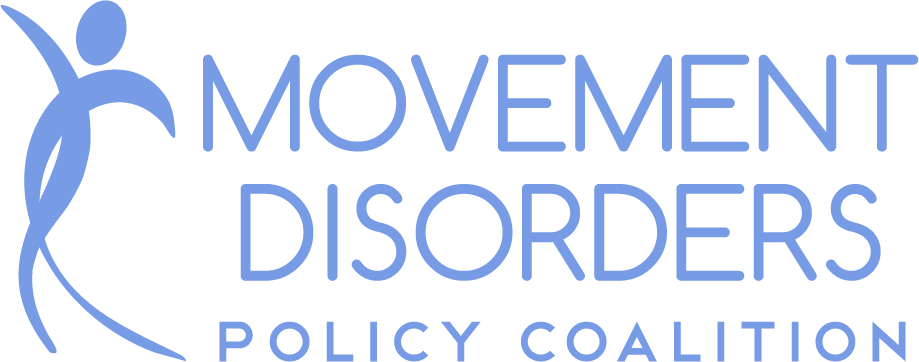from the Alliance for Patient Access
This month, patients with Huntington’s disease are asking for what worked for patients with ALS and other debilitating diseases–parity to accessing Medicare benefits. The request is a focal point for May’s Huntington’s Disease Awareness Month.
As Huntington’s disease advances, patients often find themselves unable to work. Accessing health insurance through an employer ceases to be an option, and buying it on their own may be unaffordable. Medicare promises stable coverage, but patients face a delay in qualifying. Currently, Huntington’s patients must have received Social Security Disability for 24 months before gaining Medicare eligibility.
The Huntington’s Disease Parity Act would remove that requirement.
Carving out an exception would eliminate the gap in treatment that Huntington’s disease patients may otherwise face. And it wouldn’t be the first time policymakers have granted an exception for patients with progressive conditions. For example, the federal government waived the prerequisite for patients with ALS, also known as Lou Gehrig’s disease. People with end-stage renal disease don’t have to wait either.
More than 30,000 Americans suffer from Huntington’s, which can cause poor coordination, involuntary movements and difficulty understanding new information. Patients are likely to experience a decline in cognitive abilities and experience more extreme mental symptoms as the disease advances.
Physical therapy, occupational therapy, speech therapy and psychotherapy help patients cope with limitations caused by the condition. Medication can treat some of the symptoms, like muscle rigidity and depression; however, there is no cure.
Until researchers make that discovery, timely access to health care is of the upmost importance. Patients with Huntington’s disease, along with their family, physicians and advocates, look to the Huntington’s Disease Parity Act to make consistent access possible.

